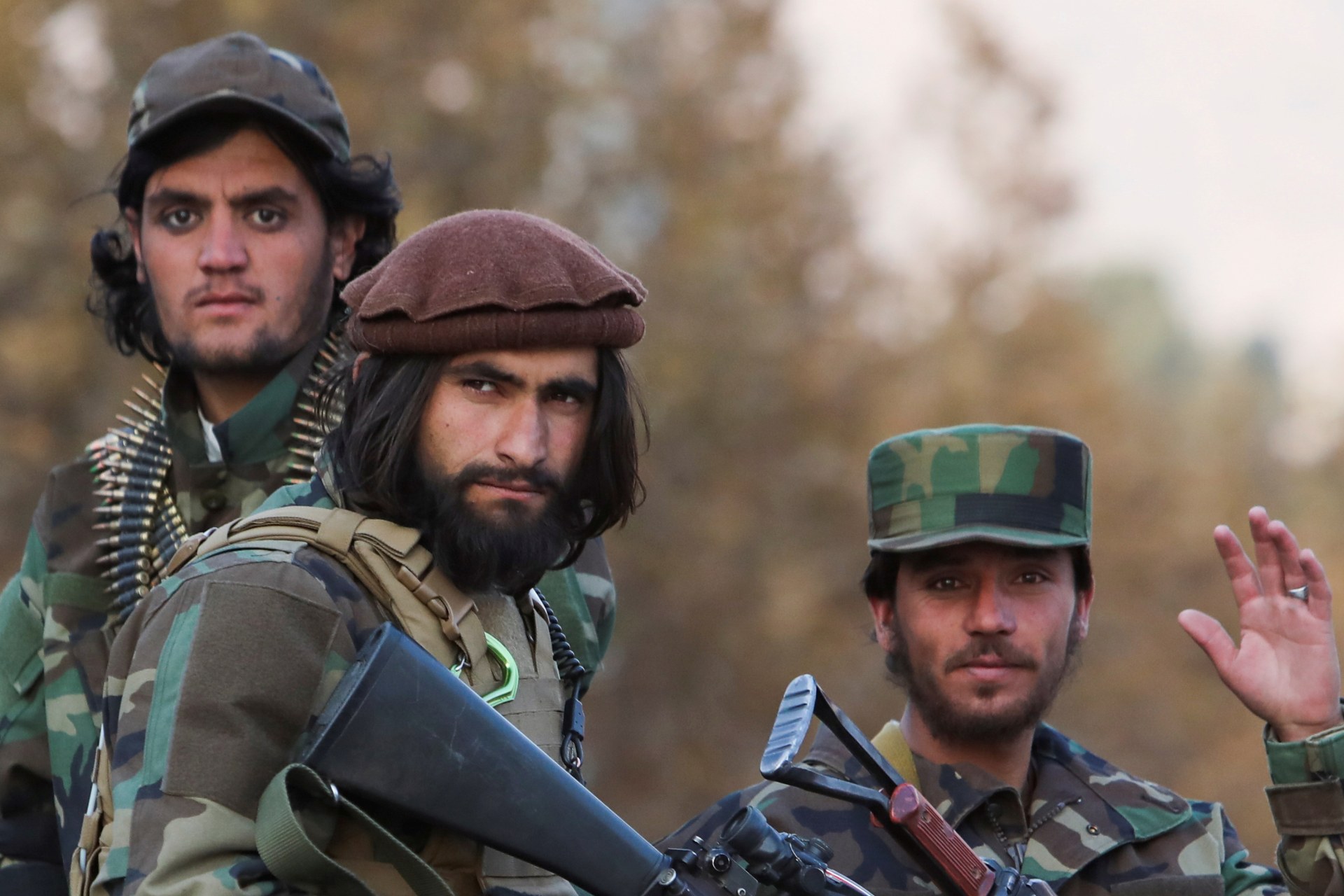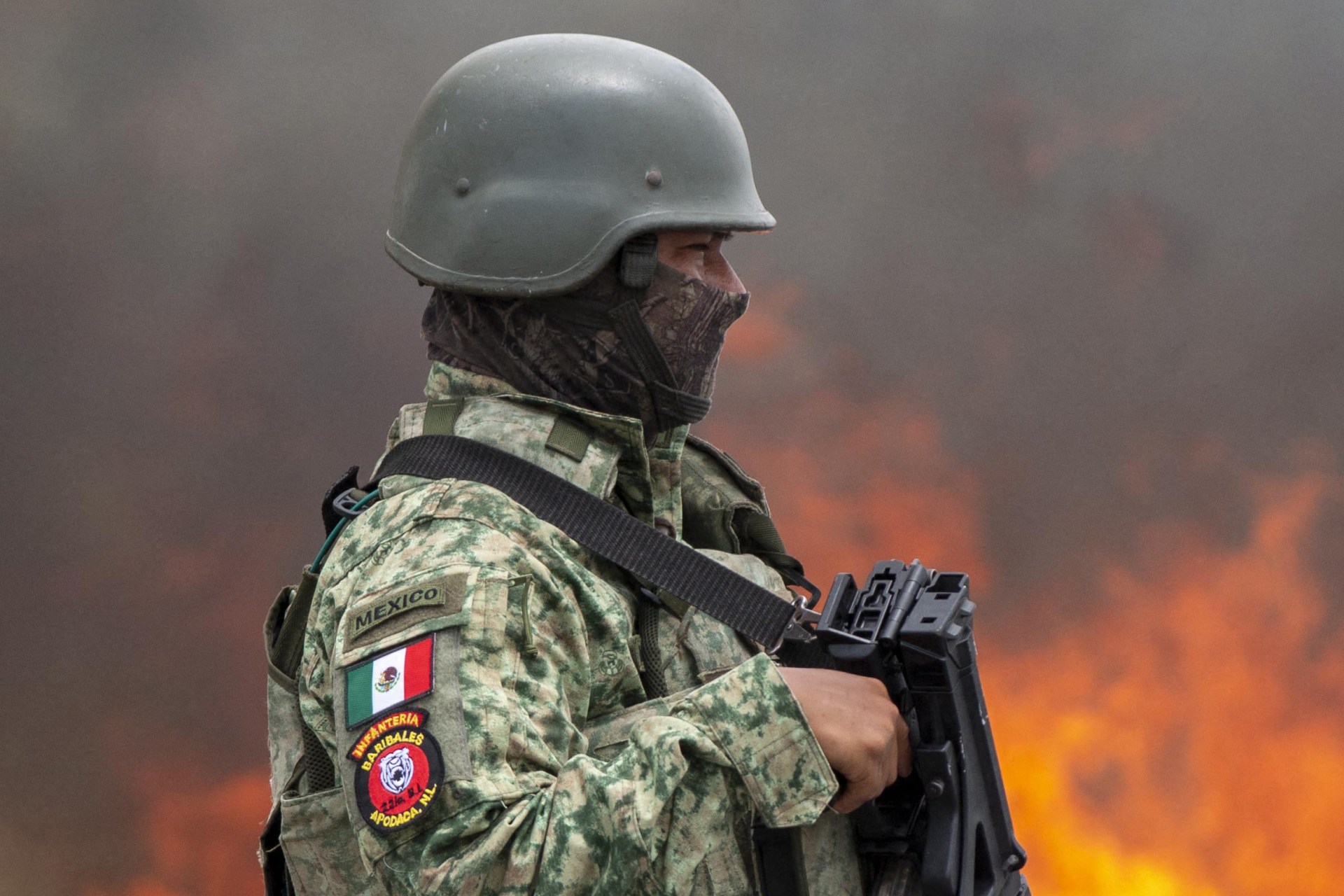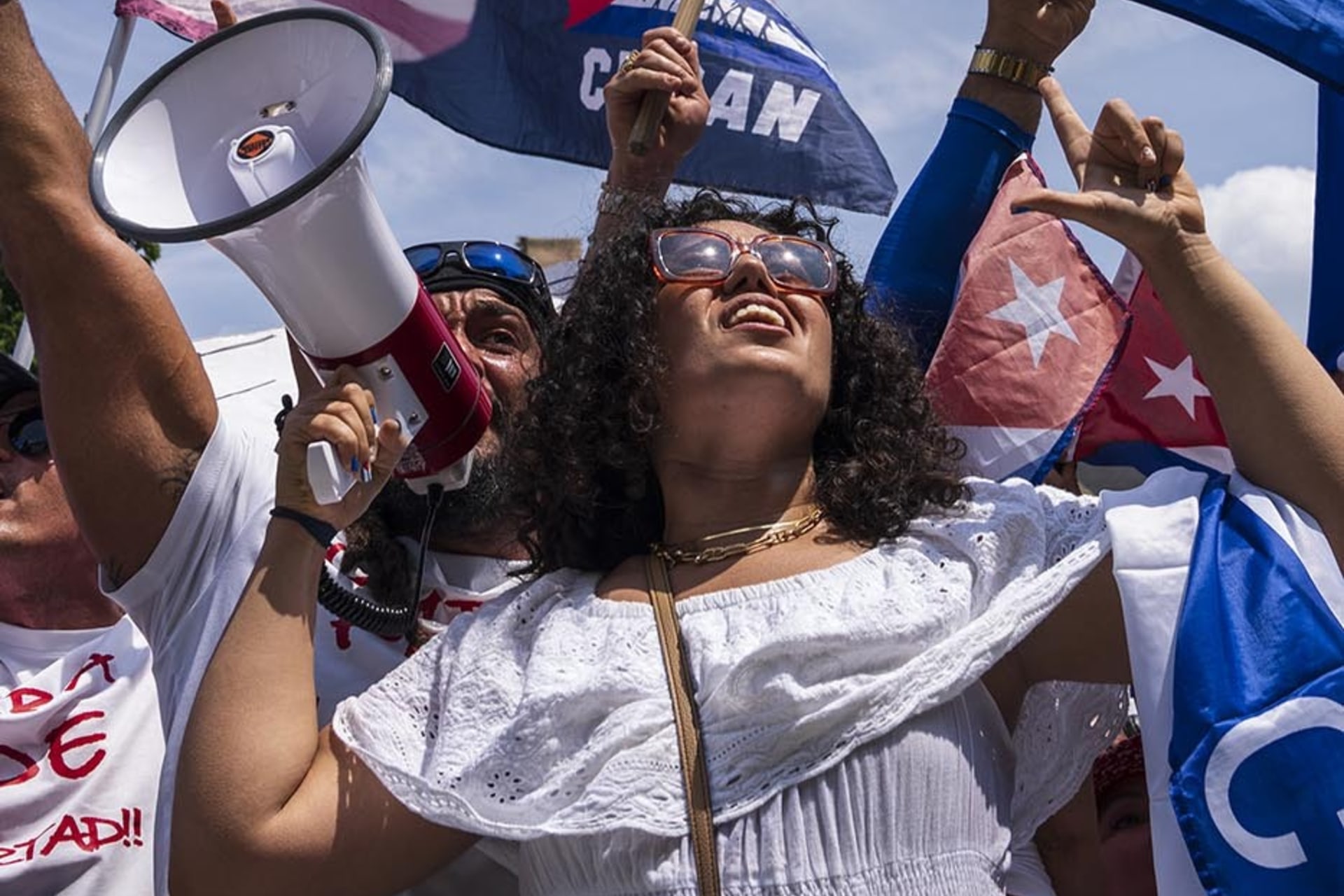Severing of U.S.-Uzbek Ties Over Counterterrorism
Published
This publication is now archived.
Introduction
Uzbekistan has officially announced it would end its cooperation with the United States on counterterrorism operations in Central Asia. Situated on Afghanistan’s northern border with 24 million people, Uzbekistan is the most populous of the former Soviet Central Asian republics. After the events of September 11, 2001, the country emerged as Washington’s main ally in the region and agreed to lease the United States its military base near the Afghan-Uzbek border to assist in the war against Afghanistan. The two countries ratcheted up their counterterrorism-training exercises and the Bush administration nearly tripled its economic aid to Uzbekistan to some $300 million. Uzbekistan benefited from U.S. military assistance in rooting out its own Islamic extremist groups in the region, including the Islamic Movement of Uzbekistan (IMU), a radical Islamist opposition group with links to al-Qaeda.
Relations begin to worsen
U.S.-Uzbek relations took a turn for the worse after a May 12-13, 2005, prison uprising and riot in Andijan, a city in eastern Uzbekistan. According to human-rights groups and eye-witness accounts, Uzbek security forces opened fire on a crowd of unarmed Uzbeks, killing hundreds. Tashkent denied any wrongdoing and rejected demands by the United States and European Union for an international investigation into the massacre. Earlier this month, the first trial of fifteen suspects accused of inciting and orchestrating the uprising was held in Tashken, and all fifteen pled guilty. The trial was accompanied by two widely publicized reports put out by Human Rights Watch and Amnesty International that charged the Uzbek government with covering up the Andijan massacre, forcing confessions from suspects, and silencing witnesses.
Uzbek President Islam Karimov, one of the region’s most authoritarian leaders, took offence at the human-rights abuse allegations by Western officials. Adding to his fears was the recent string of political revolutions in Kyrgyzstan, Georgia, and Ukraine. Government officials in Tashkent have accused U.S. nongovernmental organizations, as well as the Central Intelligence Agency, of orchestrating these revolutions, feeding suspicions that Uzbekistan may be next. “Watching three governments fall in the near vicinity certainly doesn’t help promote any democratic agenda [in Uzbekistan],” says Nancy Lubin in a CFR interview, senior fellow for Eurasia at the American Foreign Policy Council. “There’s always been a real tension between control and democratization, and maintaining control has always won.”
United States pulls out
In July, Tashkent demanded that the United States pull its military forces out of Uzbekistan. The move came on the heels of a July 5 joint declaration by the Shanghai Cooperation Organization (SCO), a regional security body of which Uzbekistan is a member, that called on the United States to set a timeline for the complete withdrawal of its military forces from the region. Then, on September 29, Uzbekistan announced it would terminate all joint counterterrorism efforts with the United States. Assistant Secretary of State for European and Eurasian Affairs Daniel Fried called the decision “very disappointing,” while two U.S. congressmen, William D. Delahunt (D-MA) and Lloyd Doggett (D-TX), are petitioning the Pentagon to cease its payments to Tashkent—the United States owes $23 million for past use of its military base.
Since the late 1990s, several U.S. agencies have provided military training, nonlethal equipment, and intelligence to Uzbekistan for security reasons, including sending Navy SEAL teams to Tashkent to train Uzbek police, military, and special-forces units on markmanship as well as the laws of war. Some human-rights groups have accused the United States of having trained some of the security forces involved in suppressing the Andijan uprising.The Pentagon told the New York Times in June it could not confirm or deny this charge. The United States has also been involved in stemming the flow of drugs, illicit nuclear material, and small arms illegally crossing through Uzbekistan’s porous borders.
Other countries and Uzbekistan
The European Commission has prepared legislation to impose an arms embargo against Uzbekistan for its refusal to allow an international investigation of the events in Andijan, which would include visa restrictions against Uzbek officials. Russia, which supported Karimov’s handling of the Andijan events, said it would not impose an arms embargo and has cozied up to Uzbekistan in recent months. On September 23, the first Russian-Uzbek joint counterterrorism exercises were held in Uzbekistan. China also came to Karimov’s side after the May uprising, and experts say Beijing engineered the SCO resolution to push the United States out of Central Asia.
Military experts say the United States may be handing Uzbekistan over to the Russians and Chinese. “The problem is we’re in a war that requires access to and through Central Asia,” says Stephen J. Blank, an expert on Central Asia at the U.S. Army War College’s Strategic Studies Institute, dismissing claims by some experts that the bases in the region are unneeded because the U.S. military campaign in Afghanistan is over. He calls Uzbekistan “another one of those cases where the State Department and Defense Department are going their own way and nobody is willing to knock heads and say, ‘This is the president’s policy.’” In other words, there is disagreement between the U.S. government’s democratization and defense agendas, Blank says. Other experts fear the United States may pull out from the region. S. Frederick Starr, chairman of the Central Asia-Caucasus Institute at Johns Hopkins University’s School of Advanced International Studies, favors more U.S. engagement in Central Asia, as well as a more coherent strategy by Washington. “It may make sense to leave some kind of footprint in the region, but this requires a regional conception that the [ U.S.] State Department has so far been incapable of generating,” he says.
Will there be an investigation into Andijan?
Despite international pressure and possible arms sanctions, experts do not expect the Uzbek government to agree to an international investigation of the Andijan killings. “The government [in Tashkent] has very little to gain and a great deal to lose from such an investigation,” Lubin says. “Were there to be some kind of investigation, it would be very much controlled.”t
Colophon
Staff Writers
- Lionel Beehner





